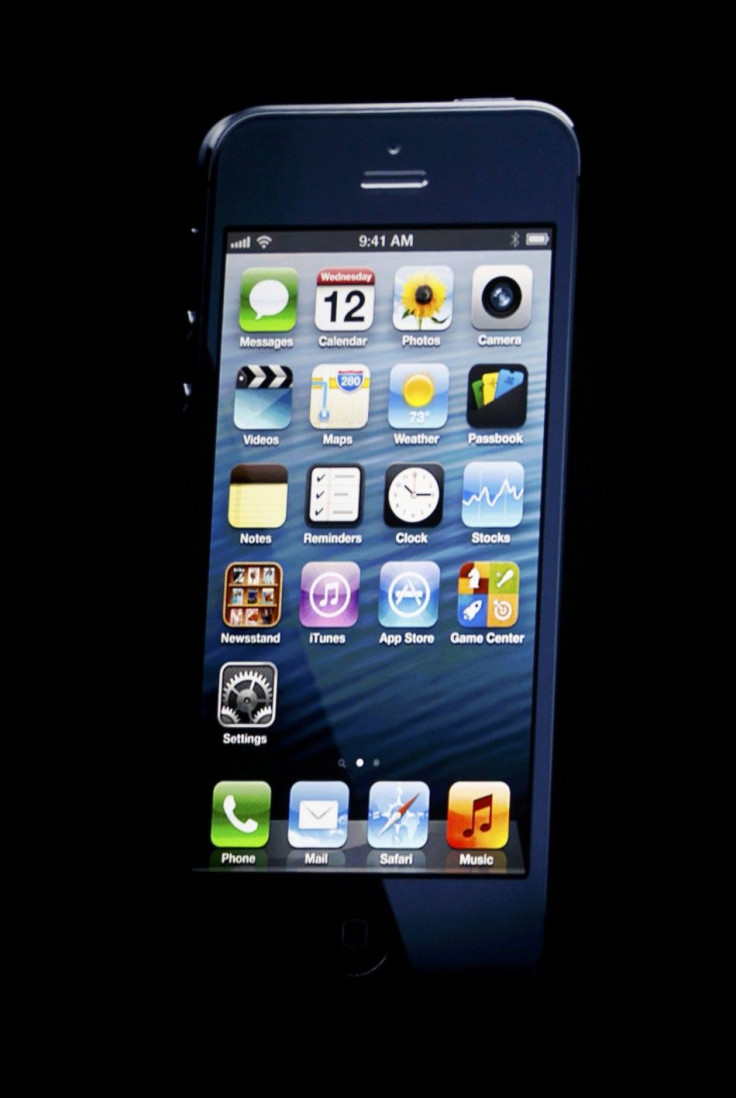Apple iPhone 5 Officially Announced; Thinnest and Lightest iPhone Ever

Apple Inc (AAPL.O) on Wednesday took the wraps off the iPhone 5, the thinnest-ever version of a smartphone that yields the majority of its profit and helped it become the world's most valuable corporation.
CEO Tim Cook, who took over from the company's late co-founder Steve Jobs last year, faces pressure to introduce a gadget that can help Apple remain at the forefront of the industry. The iPhone 5 sports a larger 4-inch "retina" display, ability to surf a high-speed 4G LTE network, and is 20 percent lighter than the previous iPhone 4S.
The latest iPhone comes as Apple tries to fend off competition that has reached fever-pitch. Google Inc's (GOOG.O) Android has become the most-used mobile operating system in the world, while key supplier and rival Samsung Electronics (005930.KS) has taken the lead in smartphone sales.
Now, Microsoft Corp (MSFT.O) is pushing its Windows Phone 8 operating system as a third alternative to Apple and Google's.
Rivals have been first to market with phones that have bigger displays or run on faster wireless networks. Apple will try to close that gap with the unveiling of the newest iPhone, widely reported to offer 4G LTE for the first time and a 4-inch display, up from 3.5 inches.
MORE APPS
Cook began Wednesday's event by saying the company's notebooks now rank tops in U.S. sales, leading in market share in the past three months.
But it is the iPhone that carries the weight of Apple's future on its slim frame, especially with the company continuing to play its cards close to the vest about future growth drivers, including an oft-rumored TV device.
Apple has sold more than 243 million iPhones since its 2007 arrival, after which the device proceeded to upend the industry and helped usher in the current applications ecosystem.
Cook told the audience at the Yerba Buena Centre in San Francisco that its apps store now has more than 700,000 on tap -- the industry's largest library.
Apple also is making a lot of headway in a corporate market that has been dominated by struggling Canadian smartphone maker Research in Motion (RIM.TO) (RIMM.O). Cook said almost every Fortune 500 companies was testing or using its iPhones and iPads.
Globally, Samsung leads the smartphone market with a 32.6 percent share followed by Apple with 17 percent, according to market research firm IDC. Both saw shipments rise compared to a year ago, with Samsung riding its flagship Galaxy S III phone.
© Copyright Thomson Reuters 2024. All rights reserved.











